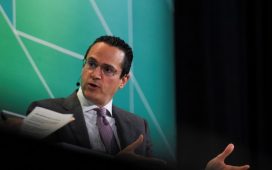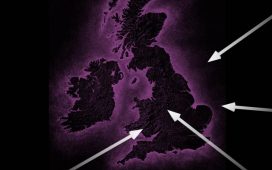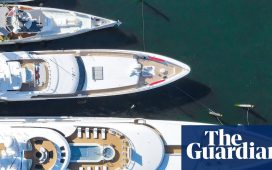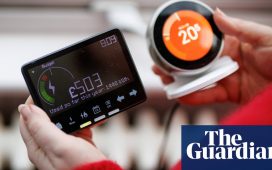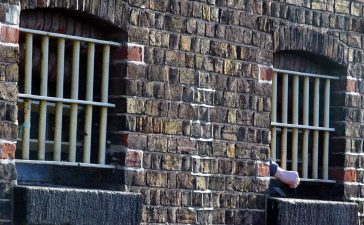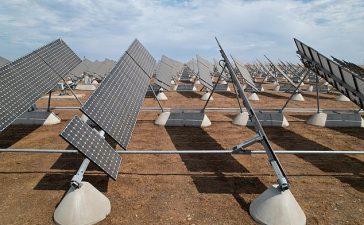The funding to build a £1.4bn undersea electricity cable between the UK and France has been lined up, according to the Ukrainian born tycoon behind controversial plans being reviewed again by the government.
Last month, the High Court in London overturned a government decision to block the cable, which could supply up to 5 per cent of the UK’s energy from the French grid.
Alexander Temerko, a former Russian government minister under Boris Yeltsin and one-time director of the country’s oil company Yukos, told the Financial Times he had secured “notices of intent” for the £1.3bn construction costs from a consortium of investors including banks, hedge funds and pension funds.
These investors, which he declined to name until the project has received approval to go ahead, would also be likely to take over ownership of the scheme in future.
The scheme is still not guaranteed to proceed, however, with fierce local opposition from both residents and politicians over the plans to build the 2,000 megawatt subsea and underground electric power transmission between Portsmouth in Hampshire to Normandy in France. It will have the capacity to transmit up to 16mn MWh of electricity per year.
Although the government has decided not to appeal the court judgment, it has two months in which to ask questions about the proposal and then a further three months to hand down a new decision based partly on the judgment by the High Court.
Temerko, a longstanding donor to the Conservative party, said he had also lined up tenders for the construction work, which would mean the pipeline could be ready as early as 2025 if the government granted consent.
Aquind, the developer behind the plans co-owned by Temerko and his partner, the Russian-born Viktor Fedotov, has created a financing structure to allow for purchase of shares, he said.
Both Temerko and Fedotov are now British citizens.
Potential backers “not only want to invest it in the construction but to buy shares”, Temerko said. “We need to raise money in the market. We finalised that process and we have given the government a letter of guarantee from investors.”
No single investor will take more than 25 per cent, but major investors are expected to take over ownership from the development team. Advisers to the project include London Bridge Capital, Baringa and FTI Consulting.
London Bridge Capital said it had “engaged with potential investors . . . We have received expressions of interest in excess of the project’s funding requirement for both debt and equity capital, with investors expected, in due course, to take over from the development team. The results of this engagement were submitted to Ofgem in January.”
Temerko said that Aquind was also in talks to acquire another UK-EU subsea energy cable project. He said that the UK also needs to build more nuclear power plants so it can become an exporter of energy.
The scheme has attracted criticism from Portsmouth residents and environmental campaigners as well as Tory minister Penny Mordaunt and Labour’s Stephen Morgan, who raised concerns about “damage to national security”.
After the High Court decision, Morgan said the project “would bring untold disruption to our daily lives and natural environment, with no clear benefits”.


